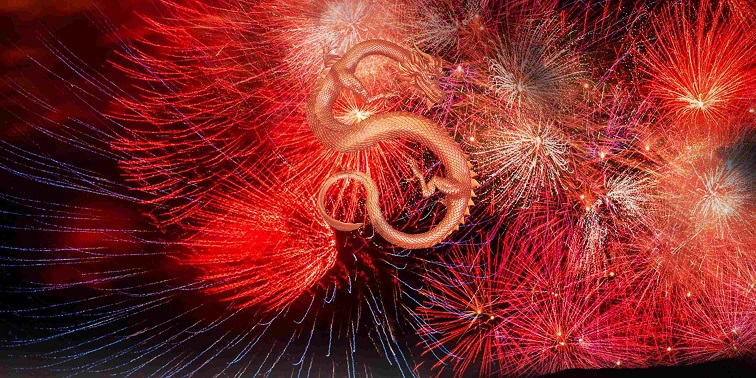
Lunar New Year
Lunar New Year, also known as Chinese New Year, is one of the most significant cultural and traditional celebrations in East Asia and among Chinese communities worldwide. It marks the beginning of the lunar calendar and symbolizes a time of renewal, hope, and unity.
Preparations for Lunar New Year typically begin weeks in advance, as families clean their homes to sweep away any lingering bad luck and make way for incoming good fortune. Decorations featuring red lanterns, couplets with auspicious phrases, and symbolic images of prosperity adorn streets and homes, creating a festive atmosphere.
Central to Lunar New Year celebrations is the tradition of family reunion. People travel long distances to be with their loved ones, often gathering for elaborate feasts that showcase traditional dishes and delicacies. The reunion dinner, held on the eve of Lunar New Year, is a time for reflection, gratitude, and strengthening familial bonds.
Throughout the festivities, age-old customs and rituals are observed to bring luck, prosperity, and happiness for the coming year. This includes giving and receiving red envelopes filled with money, setting off firecrackers and fireworks to ward off evil spirits, and visiting temples to pay respects to ancestors and deities.
Lunar New Year is also a time for cultural performances, parades, and festivities that showcase the diversity and vibrancy of East Asian cultures. Dragon and lion dances, martial arts demonstrations, and traditional music and dance performances are common sights during this joyous occasion.
Beyond its cultural significance, Lunar New Year holds deep spiritual and philosophical meanings, emphasizing the importance of harmony, balance, and renewal in life. It is a time for setting intentions, making wishes, and embracing the opportunities for growth and transformation that the new year brings.
